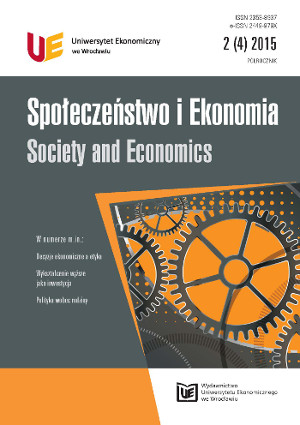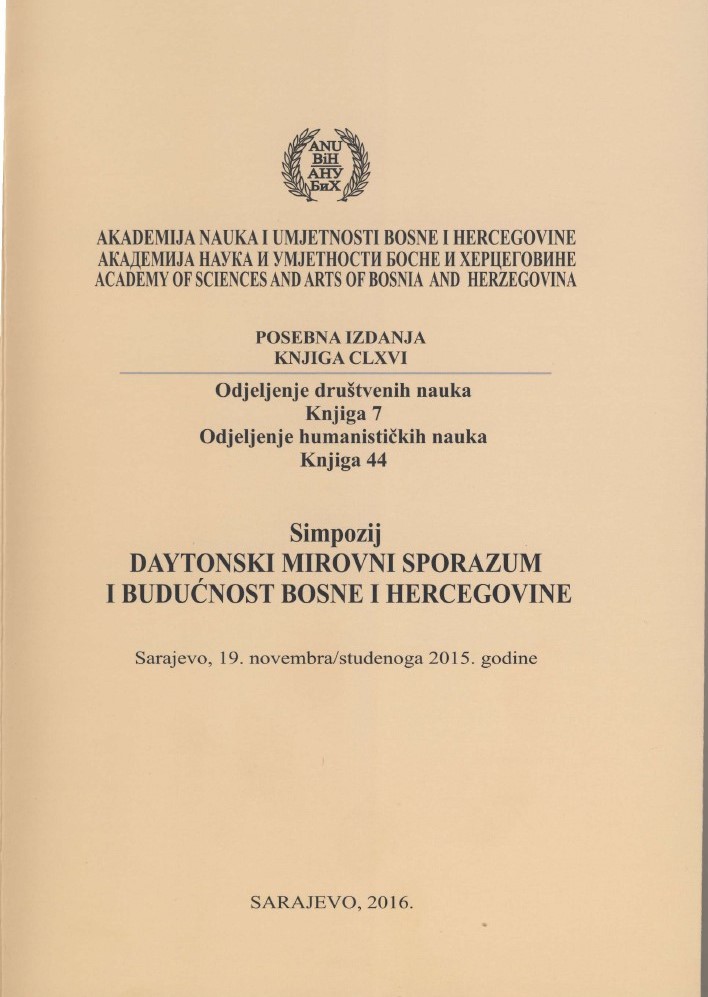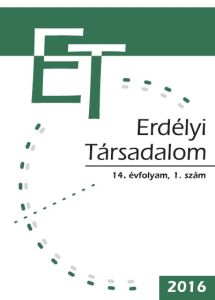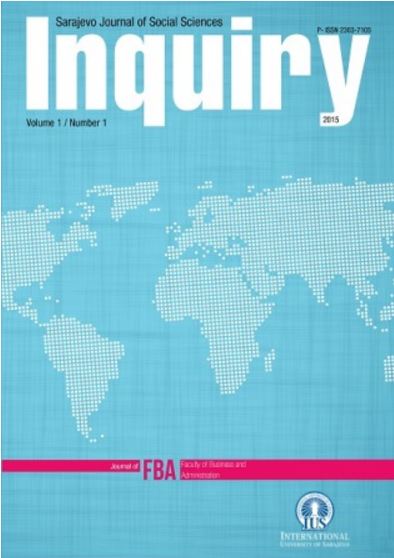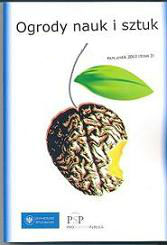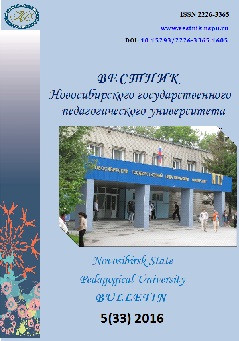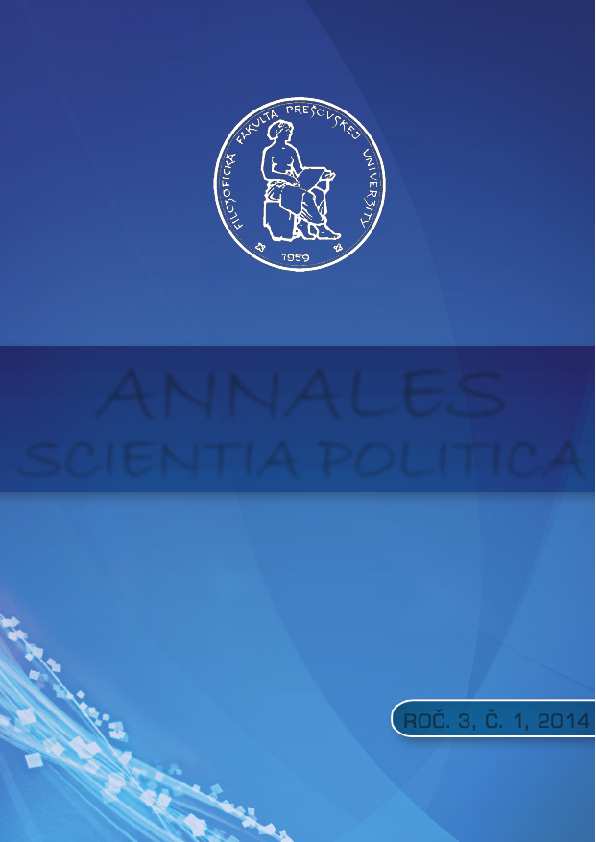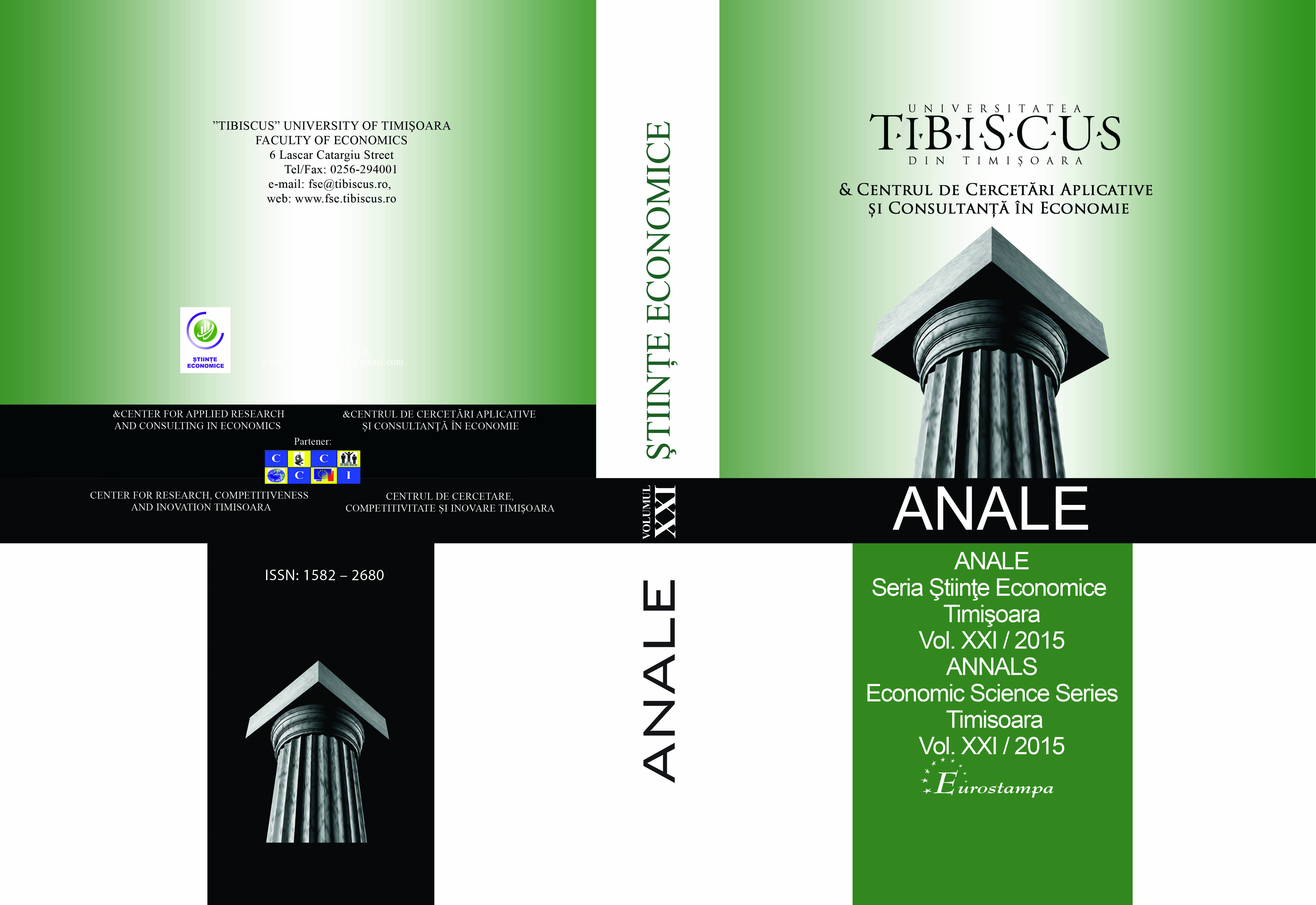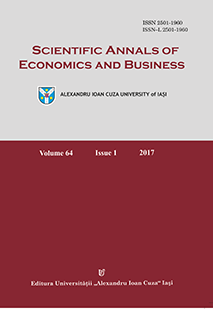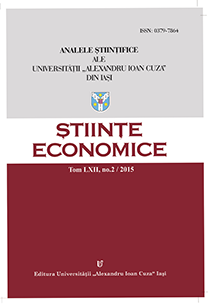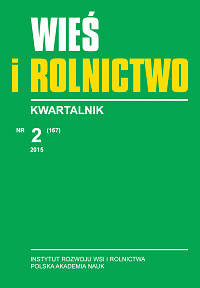
Experience of food security – vulnerability analysis. WWW i.e. Who, Why, Where
The article takes as its starting point a discussion of “conventional wisdom” that asserts there is an equation that “poor = vulnerable”, i.e. “to be poor” means necessarily “to be vulnerable” and vice versa, and provides several examples confuting the above assumption. The author traces a conceptual and methodological approach frequently used in [food security] vulnerability analysis which follows the path of a WWW itinerary (i.e. Who, Why, Where). This is an acronym used by several international and regional agencies when addressing Vulnerability Analysis. The author quotes several examples related to his professional experiences in Africa and Asia.W artykule przyjęto za punkt wyjścia „konwencjonalną mądrość”, z której wynika równanie biedni = narażeni na biedę, a więc że być biednym zawsze znaczy być podatnym na zagrożenia i odwrotnie, ale na podstawie kilku przykładów podważono powyższe założenie. Autor zakłada koncepcyjne i metodologiczne podejście często stosowane w analizie zagrożeń [bezpieczeństwa żywnościowego], szukając odpowiedzi na pytania: „WWW: Who, Why, Where”, co można przedstawić jako KDG, czyli: Kto, Dlaczego, Gdzie. Jest to skrótowiec używany przez kilka agencji międzynarodowych i regionalnych, zajmujących się analizą podatności na zagrożenia. Autor przytacza kilka przykładów związanych z jego doświadczeniami zawodowymi w Afryce i Azji.
More...
